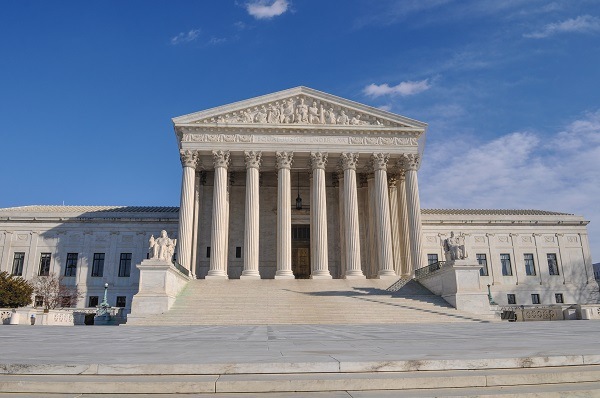Recently, the Supreme Court issued two opinions relating to the Biden Administration’s COVID vaccine mandates for employers, and employers need to be aware of how these rulings may impact their companies.
First, the Supreme Court overturned the Occupational Safety and Health Administration (OSHA) mandate that businesses with at least 100 employees must require its workers to get vaccinated, or require them to get tested weekly and wear a mask.
In the majority opinion, the Court stated that it was overturning OSHA’s requirements because they were not sufficiently related to workplace safety. The Court also noted that OSHA lacked the authority to impose such a mandate as well.
Notably, the Court reaffirmed OSHA’s ability to create new COVID-related policies in the future. However, subsequent policies should be closely related to the type of work and physical environment, rather than determined by the company’s size alone. As the majority wrote, “OSHA could regulate researchers who work with the COVID–19 virus. So too could OSHA regulate risks associated with working in particularly crowded or cramped environments.”
In the second opinion, the Supreme Court upheld the Biden Administration’s requirement that staff of health care facilities must be vaccinated (unless covered by a religious or medical exemption) in order to receive Medicare or Medicaid funding. The Court stated that the Secretary of Health and Human Services (HHS) routinely created requirements related to health care providers and the new regulations were in line with the HHS’s statutory authority.
What does this mean for employers?
For those operating health care facilities and receiving federal funding for that care, the vaccine mandate is still in force.
For other industries, employers can create vaccine mandates or related policies on their own, although some states’ laws may limit that ability.
Beyond that, all employers should recognize that this was only Round One. Since the Supreme Court reaffirmed that OSHA can create other COVID vaccine-related regulations, employers should be prepared for the Biden Administration to issue new, more-tailored, regulations as quickly as possible.
In the meantime, employers with workplaces with a high risk of exposure, or transmissibility for either staff or customers, should start developing COVID-vaccine policies and practices, if not yet implementing them already. Finally, all employers should once again ensure that their existing policies and practices comply with both state and local requirements.

